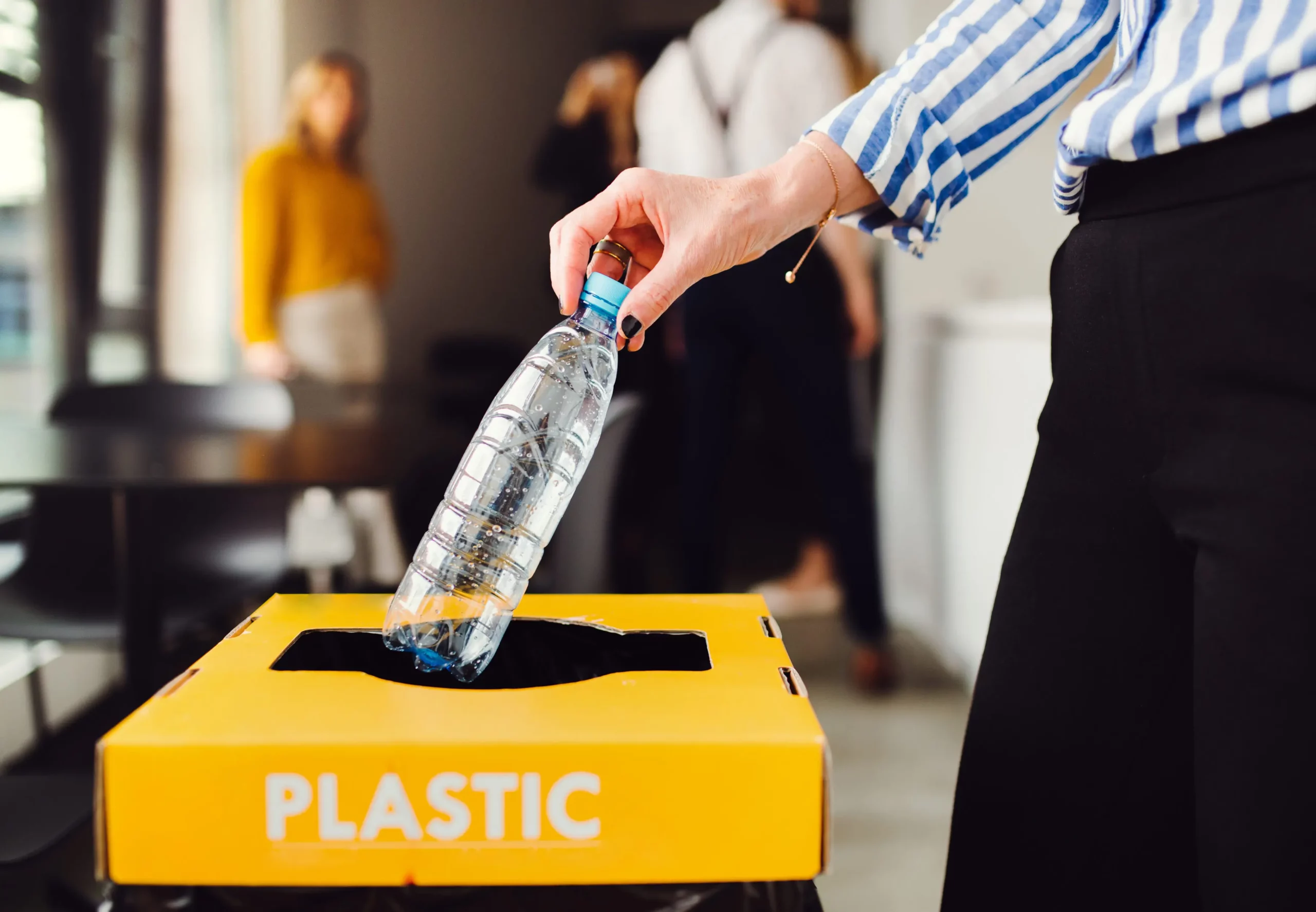
The introduction of the Workplace Simpler Recycling Scheme represents one of the most significant changes to business waste management in recent years. Set to roll out across the UK at the end of March 2025, this initiative aims to standardise recycling practices across all businesses, bringing consistency and regulation to what has long been a fragmented system. For businesses with over 10 employees, understanding and preparing for these changes will be essential for compliance, cost control, and importantly how this can help to support their sustainability goals.
The Workplace Simpler Recycling Scheme is part of the government’s wider Environmental Improvement Plan to increase recycling rates and reduce confusion around waste segregation.
In essence, the scheme mirrors the household waste recycling and collection that has been in place for years, but has now been tailored to the specific requirements for businesses and the waste that is generated.
At its core, the scheme is focussed on the consistent segregation and collection of six key waste streams across all workplace environments:
Under the new regulations, businesses will be required to sort waste into these categories, with clear labelling and arrange for appropriate collection and waste management. This standardisation is designed to overcome the current ad hoc approach to existing recycling systems that vary by location, waste collectors and indeed the appetite for change.
For many organisations, the scheme will require a complete overhaul of their existing waste management including:
Businesses with multiple locations will need to ensure they implement the scheme across all sites.
While the scheme aims to improve recycling rates, it comes with significant implementation costs:
For larger retailers and hospitality businesses, these costs can be substantial. Some major retailers have estimated implementation costs in the millions, adding to other rising operational expenses such as National Insurance and Extended Producer Responsibility (EPR) fees.
A successful transition to the new scheme will require staff support and engagement for its success:
Going live on 31st March, and this is a typical map of what needs to be in place for a successful business launch
Immediate actions if not completed already:
The requirement for multiple waste streams presents significant challenges, particularly for businesses with limited space:
Despite the implementation challenges, improved waste segregations schemes offer many benefits such as:
The most obvious way to reduce costs is by reducing waste!
Sounds simple enough but it will require effort to understand how this can be achieved in every business. But this simple guidance may be a good starting point:
Conclusion
The Workplace Simpler Recycling Scheme represents both significant challenges and opportunities for UK businesses. While implementation costs and operational changes are unavoidable, organisations that approach the scheme strategically can minimise disruption and costs, turning it into a positive experience.
Working closely with a reduced number or even a single supplier can have a significant impact on your waste recycling volumes for packaging for paper, card and plastic packaging. The less your suppliers use on their packaging when delivering to you, the less you need to recycle and pay to dispose of.
It’s time to get creative with innovation solutions and reusable items to help mitigate costs through reduced packaging waste and general recycling, ultimately working towards a more sustainable outcome.
For more information on how how we work with our customers to reduce their packaging waste, simply email us at hello@acopia.co.uk for support.